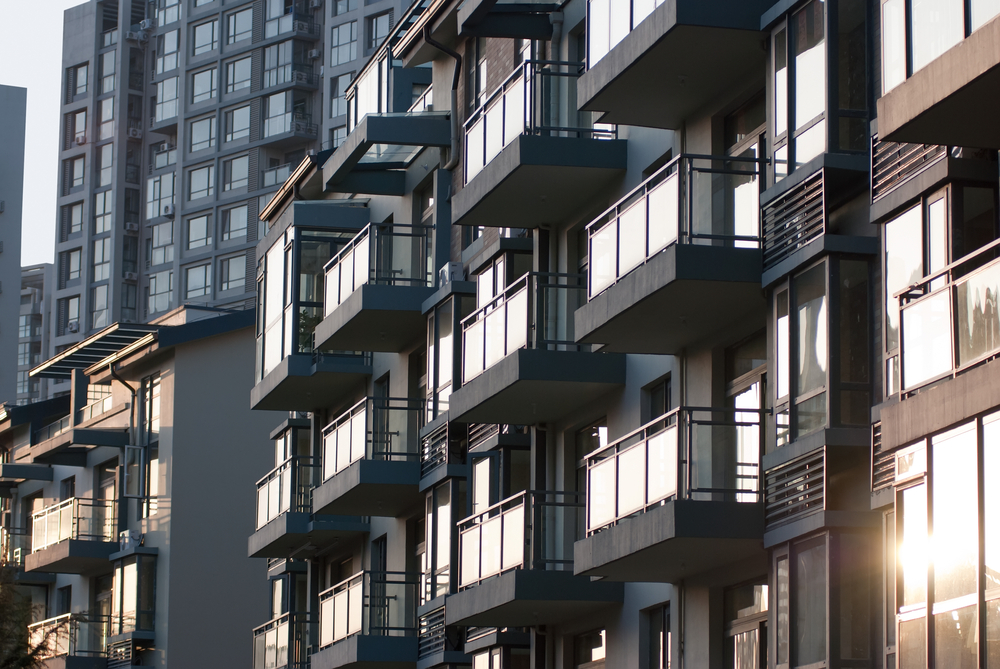China’s average new house prices grew reasonably in December
The property market raises concerns on financial risks as it quickly bounces back

According to the National Bureau of Statistics (NBS), average new house prices in 70 major cities increased by 0.1 percent month on month in December, as government measures cool property market, reported South China Morning Post.
Owing to local governments’ urban residency permits and relaxation on price ceilings, China’s real estate market has recuperated rapidly from the pandemic.
However, the quick recovery has heated up financial risk concerns, with the government initiating measures to deleverage the sector since the second half of 2020.
Regulators defined in August borrowing caps known as “the three red lines”, while in December, the central bank introduced limits on property loans issued by banks.
Data from the NBS indicated that, in November, the number of cities reporting monthly price rises for new homes increased from 36 to 42 out of 70 cities. Monthly increases were caused by price rises in tier-1 cities, which included Shanghai, Beijing, Shenzhen, and Guangzhou.
More: Chinese buyers unlikely to invest in foreign property next year
Tier-1 cities’ new home prices grew 0.3 percent, and second-hand home prices rose 0.6 percent.
Zhang Dawei, an analyst with property agency Centaline, revealed that price rises in tier-1 cities were due to population inflow, tight new home supply, and growing speculative purchases.
In 2020, China experienced unequal growth in home prices, as affluent residents gained the most of easy credit during the pandemic to buy properties in eastern and southern coastal cities, while smaller cities wrestled with the mass migration of people.
Yangzhou city led monthly price rise in December with 0.8 percent, showed the NBS data.
Economist at UBS mentioned, “we expect property policies to be more hawkish [in 2021] in light of strong growth rebound and more focus on risk control, with tougher rules on developers’ financing and property-related credit persisting, and some overheating cities tightening home purchase rules.”
Recommended
Why everyone is moving to Selangor and Johor: Malaysia’s real estate comeback
Malaysia’s upturn in fortunes is especially prevalent in secondary destinations such as Selangor and Johor
Penang’s silicon boom: How the US-China tech war is supercharging local real estate
Penang’s booming semiconductor industry has created ripples within the local real estate sector
New leader, new opportunities: How Hun Manet is shaking up Cambodia’s real estate game
Hun Manet is overseeing decent economic growth and widening access to the country’s real estate market for foreigners
Singapore embraces inclusive housing reforms amid resilient demand
The Lion City’s regulatory strength continues to exert appeal for international investors








